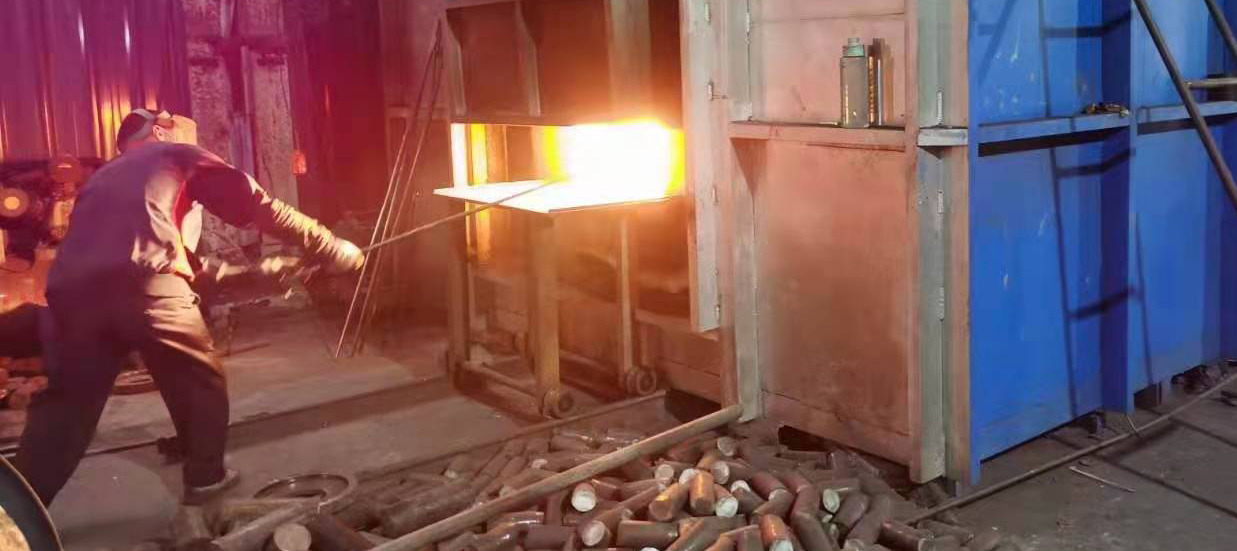Share this
The importance of heat treatment in the production of flanges is significant for several reasons:
1. Enhanced Strength: Heat treatment can significantly improve the strength of flanges. By controlling the heating and cooling processes, it is possible to alter the material’s crystal structure, making it stronger and more durable. This is crucial for flanges that are subjected to high-pressure and high-temperature environments, such as those used in the chemical, petroleum, and natural gas industries.
2. Corrosion Resistance: Certain heat treatment methods can enhance the corrosion resistance of flanges, making them more suitable for use in environments containing corrosive substances. This is essential for pipeline flanges used in handling corrosive liquids or gases.
3. Wear Resistance: Proper heat treatment can increase the wear resistance of flanges, allowing them to withstand stress related to particulate matter, abrasion, and wear. This is important for flanges used in abrasive material conveying systems.
4. Dimensional Stability: Heat treatment helps ensure the dimensional stability of flanges. Through heat treatment, material expansion and contraction due to temperature variations can be minimized, maintaining the dimensional accuracy of flanges and ensuring they fit correctly with other pipeline components.
5. Quality Control: Heat treatment is a critical step in flange manufacturing, requiring strict control of process parameters to ensure consistent quality. This helps reduce material and process defects, enhancing the reliability and safety of flanges.
In summary, the importance of heat treatment in flange production cannot be understated. It has a significant impact on the performance and reliability of flanges. By selecting the appropriate heat treatment methods and parameters, manufacturers can produce high-quality flanges suitable for various applications, ensuring their proper operation in various environments.

